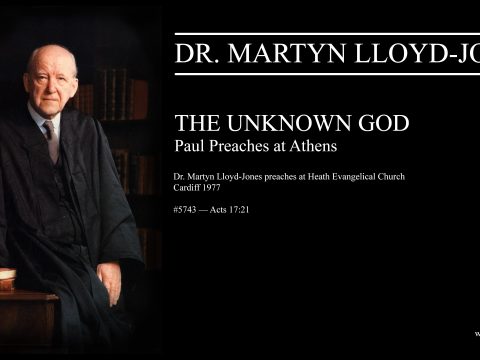
There is nothing that we must avoid so strenuously as the constant temptation to mix philosophy with revelation. Now you may think, some of you, that this does not apply to you. `I am not interested in philosophy, I have never read a book on philosophy in my life,’ you say. But, my dear friend, that does not mean that you are not a philosopher! We are all philosophers. You should not confine the term philosopher to people who make it their business or their duty in life to study or to teach it. Everyone who has an opinion about anything is automatically a philosopher. Every one of us is not only a philosopher, but that we are always getting into trouble because we philosophise too much.
Now this is the way in which we do it. We are ready at all times to reject certain doctrines, or, perhaps, if we do not actually reject them, we hesitate to believe them, though they are clearly taught in the Bible. We do this because we cannot understand them, or because we cannot explain them, or because they do not seem to fit into our scheme of things. Quite often when you confront people with a specific statement from the Bible, instead of saying, `Well, I am prepared to believe that though I do not understand it,’ they say, `But, if that is right, then how can God be a God of love?’ The moment they speak like that they are speaking as philosophers, and I think that if you examine yourselves you will find it is something that you do quite frequently.
Martyn Lloyd-Jones



